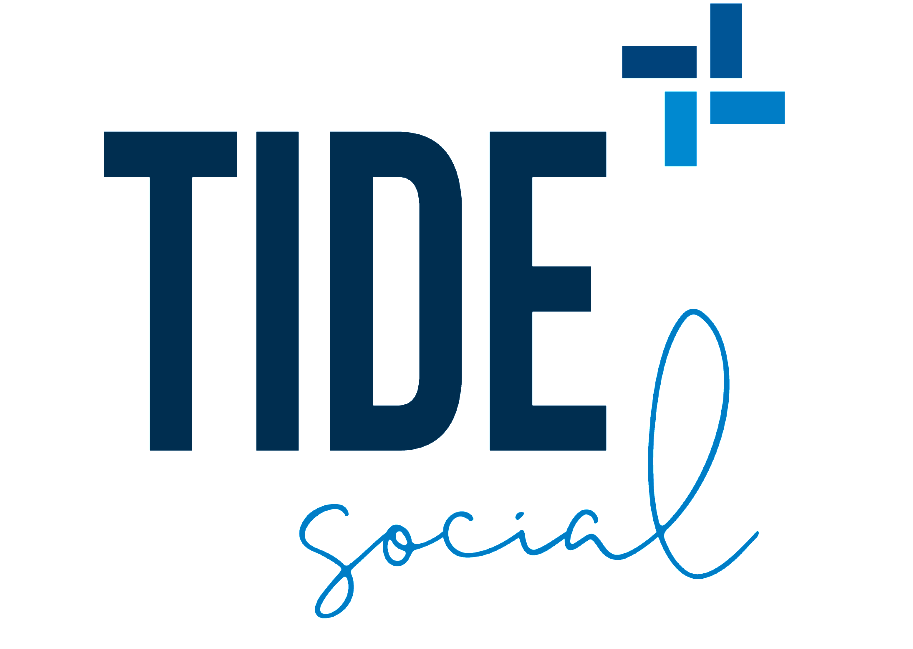

Tide Social

São Paulo, Brazil
March 2021
Other professional, scientific & tech
Service with Minor Environmental Footprint
Brazil
A Tide Social é uma consultoria de comunicação especialista no desenvolvimento e implementação de estratégias de causas por meio de ações de impacto. Atua, exclusivamente, com empresas, instituições e ONGs, as ajudando a tornarem-se mais relevantes. Com um time formado por especialistas em comunicação e consultores para diferentes causas, adota o giveback: uma maneira de também contribuir para o desenvolvimento do país de forma legítima. Toda vez que uma marca contrata a Tide, é realizada uma doação de serviços de comunicação, como assessoria de imprensa, posicionamento institucional e planejamento de redes sociais, para uma ONG com potencial de transformar vidas. Tide Social is a communication consultancy specialized in the development and implementation of cause strategies through impact actions. It works exclusively with companies, institutions and NGOs, helping them to become more relevant. With a team formed by communication specialists and consultants for different causes, it adopts giveback: a way to also contribute to the country's development in a legitimate way. Every time a brand hires Tide, communication services, such as press relations, institutional positioning and social media planning, are donated to an NGO with the potential to transform lives.
Overall B Impact Score
Governance 14.5
Governance evaluates a company's overall mission, engagement around its social/environmental impact, ethics, and transparency. This section also evaluates the ability of a company to protect their mission and formally consider stakeholders in decision making through their corporate structure (e.g. benefit corporation) or corporate governing documents.
What is this? A company with an Impact Business Model is intentionally designed to create a specific positive outcome for one of its stakeholders - such as workers, community, environment, or customers.
Workers 13.2
Workers evaluates a company’s contributions to its employees’ financial security, health & safety, wellness, career development, and engagement & satisfaction. In addition, this section recognizes business models designed to benefit workers, such as companies that are at least 40% owned by non-executive employees and those that have workforce development programs to support individuals with barriers to employment.
Community 27.4
Community evaluates a company’s engagement with and impact on the communities in which it operates, hires from, and sources from. Topics include diversity, equity & inclusion, economic impact, civic engagement, charitable giving, and supply chain management. In addition, this section recognizes business models that are designed to address specific community-oriented problems, such as poverty alleviation through fair trade sourcing or distribution via microenterprises, producer cooperative models, locally focused economic development, and formal charitable giving commitments.
Environment 4.7
Environment evaluates a company’s overall environmental management practices as well as its impact on the air, climate, water, land, and biodiversity. This includes the direct impact of a company’s operations and, when applicable its supply chain and distribution channels. This section also recognizes companies with environmentally innovative production processes and those that sell products or services that have a positive environmental impact. Some examples might include products and services that create renewable energy, reduce consumption or waste, conserve land or wildlife, provide less toxic alternatives to the market, or educate people about environmental problems.
Customers 22.8
Customers evaluates a company’s stewardship of its customers through the quality of its products and services, ethical marketing, data privacy and security, and feedback channels. In addition, this section recognizes products or services that are designed to address a particular social problem for or through its customers, such as health or educational products, arts & media products, serving underserved customers/clients, and services that improve the social impact of other businesses or organizations.
What is this? A company with an Impact Business Model is intentionally designed to create a specific positive outcome for one of its stakeholders - such as workers, community, environment, or customers.